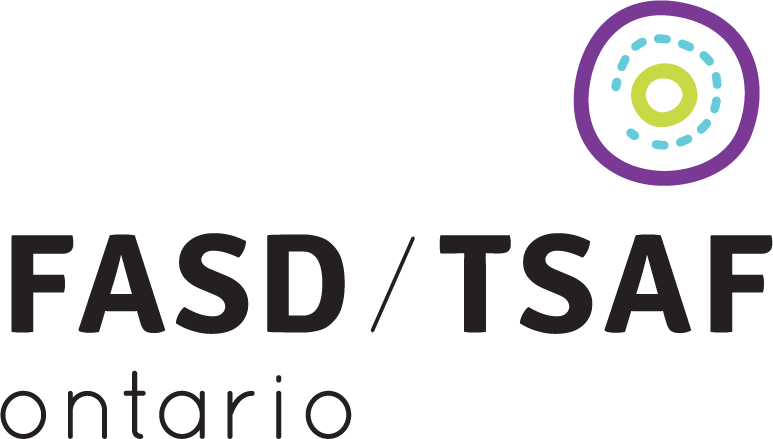FASD Toolkit for Aboriginal Families
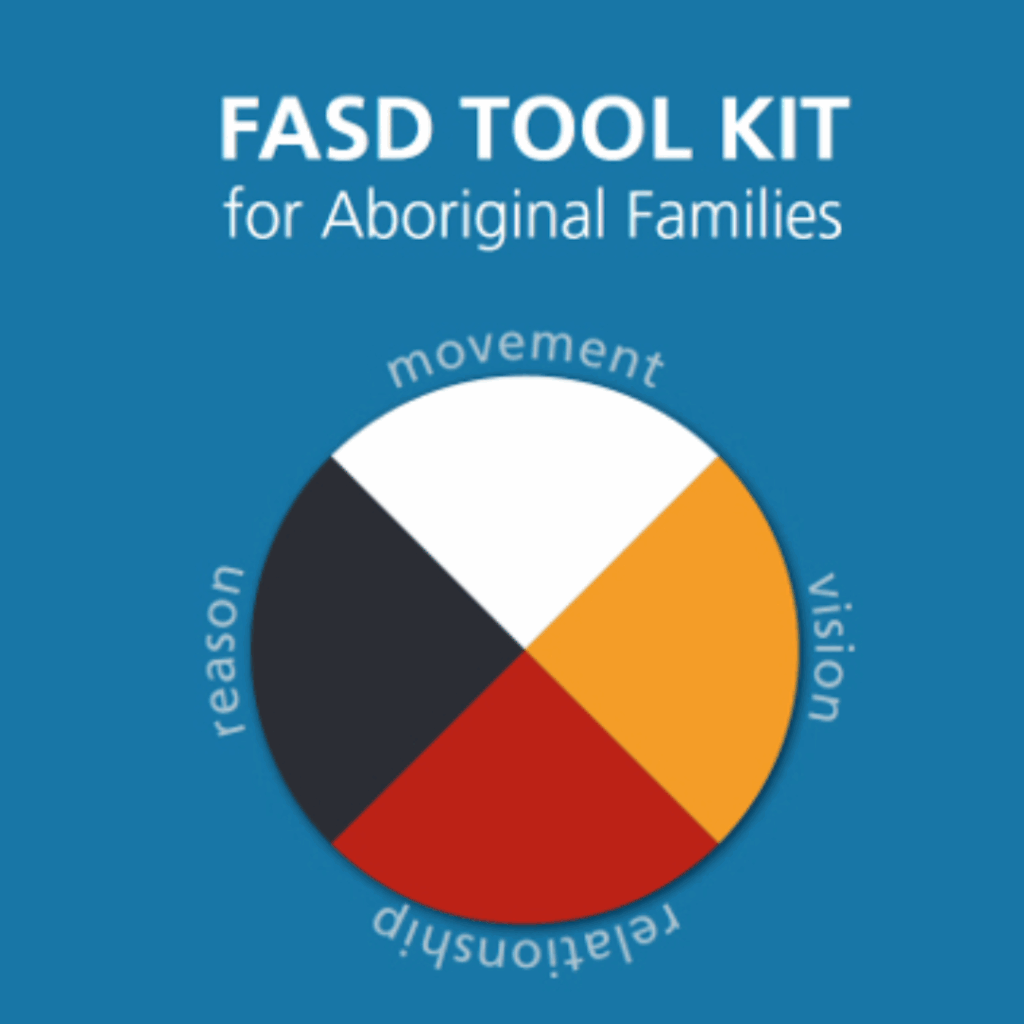
Information for service providers working with Indigenous families on FASD, culture and community strategies (40 pages)
Enough Silence (living with FASD)

The story of a pregnant Indigenous young woman who gets support from her partner and the community to address her drinking problem (2.5 minutes)
Collaborative Action on Fetal Alcohol Spectrum Disorder Prevention: Principles for Enacting the Truth and Reconciliation Commission Call to Action #33

The consensus statement provides guidance for developing community- and culture-led FASD prevention programs and highlights the importance of Indigenous knowledge systems in developing and researching FASD prevention in, and with, Indigenous communities.
A First Nations Community Response to FASD
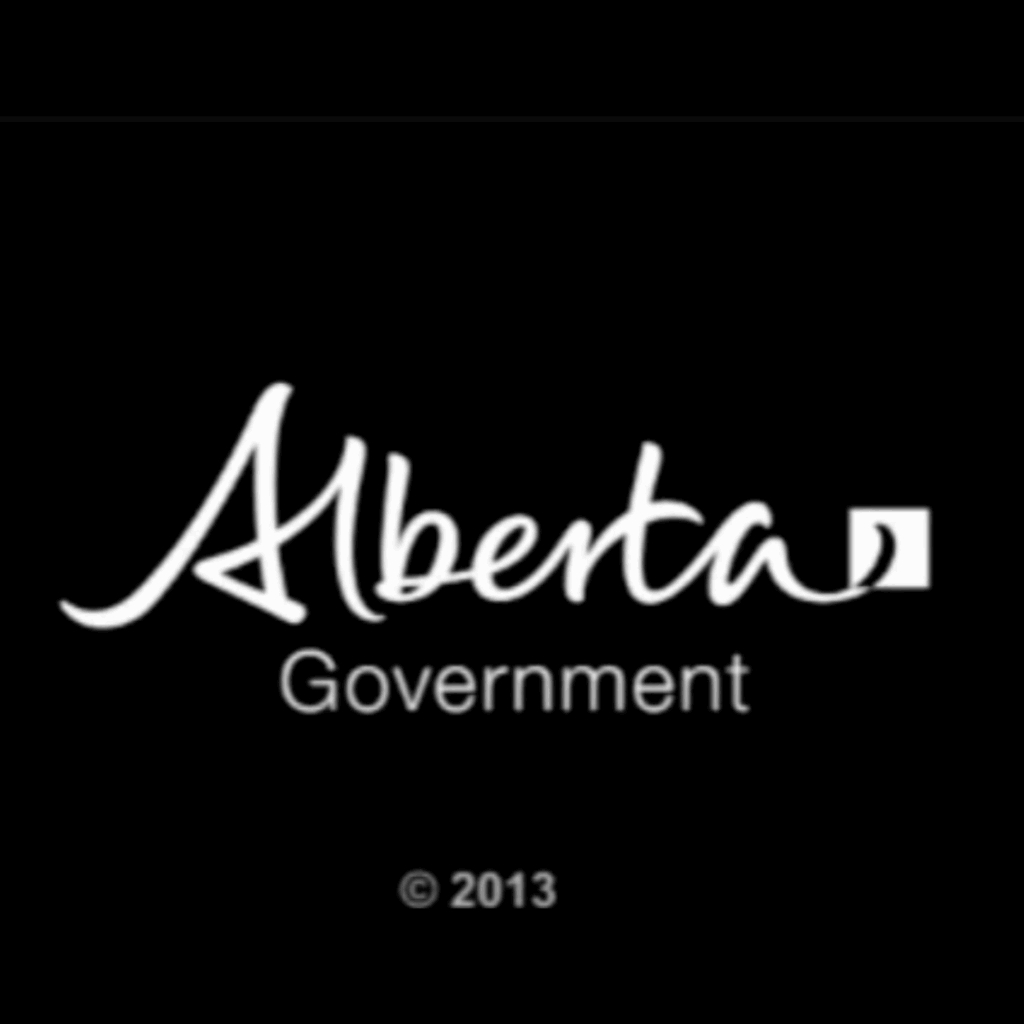
Webcast of community based, culturally informed and collective ways to respond to FASD; FASD best practices and First Nation traditional values (2 hours)
3rd Biennial FASD ONE symposium – FASD as a Mobilizer in Education Change
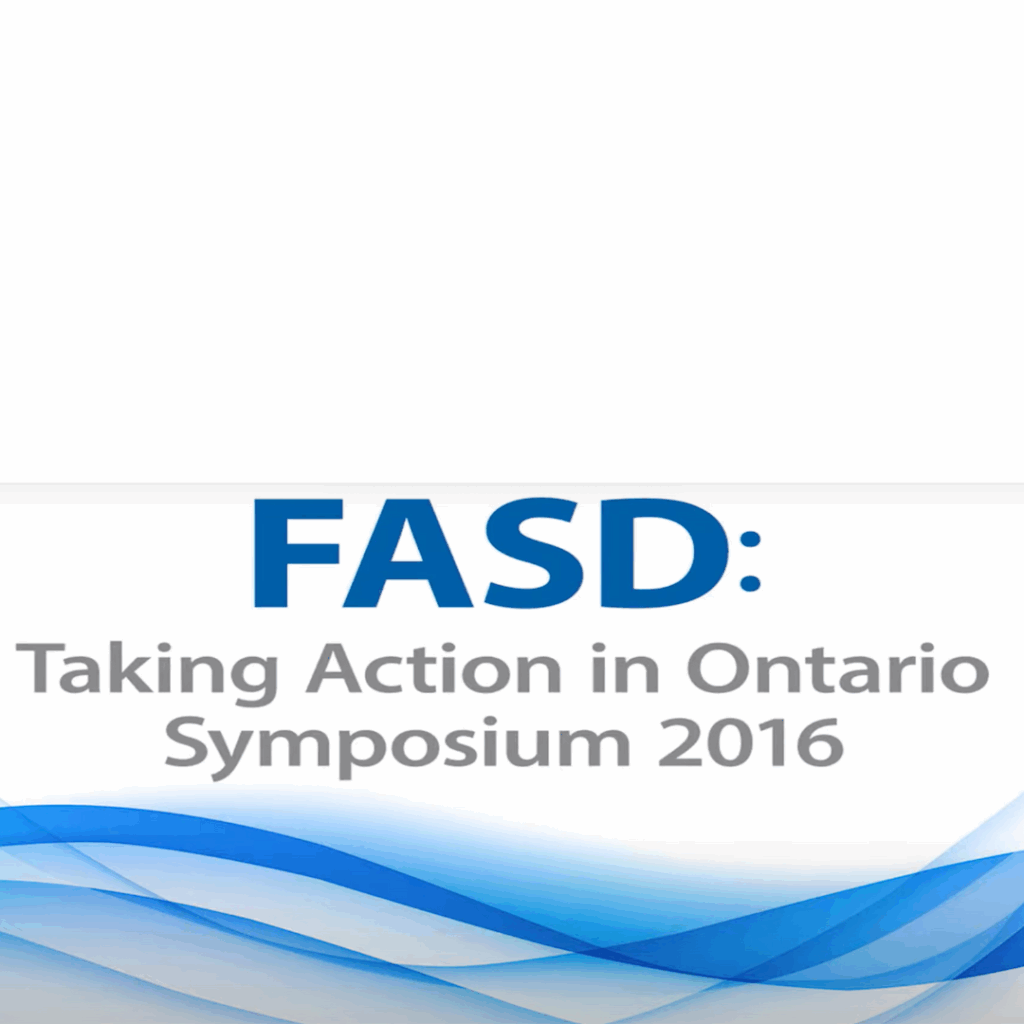
Webinar/presentation by Sean Monteith (Director of Education – Keewatin Patricia District) about FASD and education; mention of Indigenous issues in education (approx 45 minutes)
3rd Biennial FASD ONE symposium – Building Community Through an Indigenous Lens
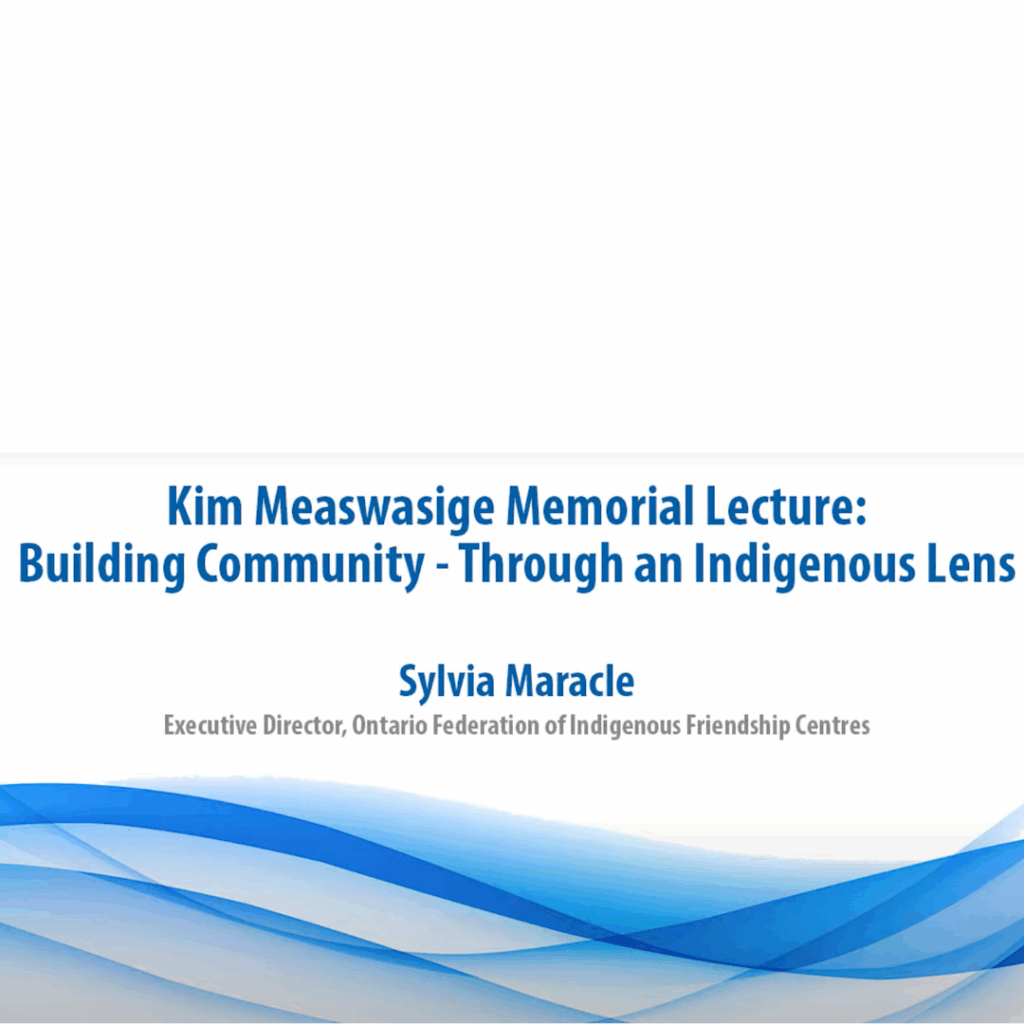
Webinar/presentation by Sylvia Maracle (Executive Director of the Ontario Federation of Indigenous Friendship Centre) about FASD in Indegenous communities (approx 45 minutes)
Truth and Reconciliation Commission of Canada: Calls to Action
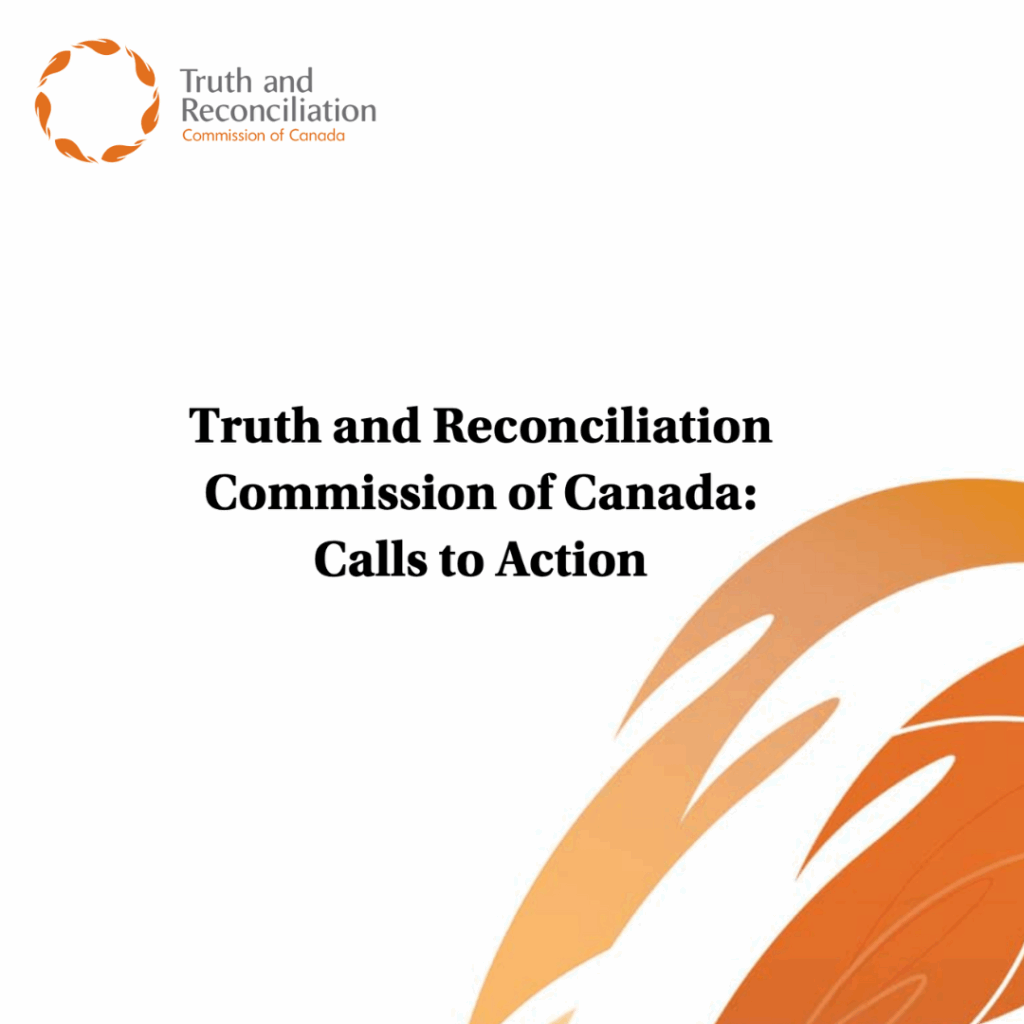
In order to redress the legacy of residential schools and advance the process of Canadian reconciliation, the Truth and Reconciliation Commission has made calls to action.
BILL C-15
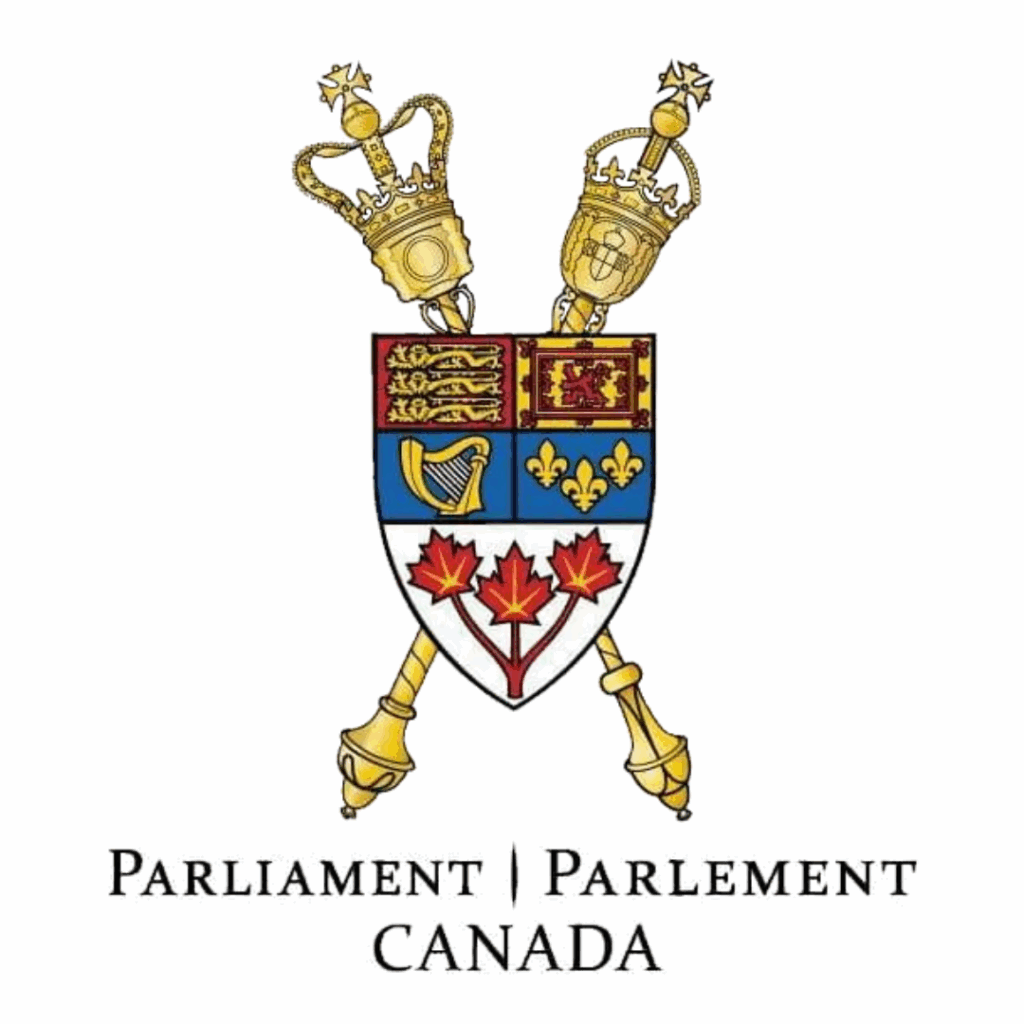
An Act respecting the United Nations Declaration on the Rights of Indigenous Peoples.
Collaborative Action on Fetal Alcohol Spectrum Disorder Prevention: Principles for Enacting the Truth and Reconciliation Commission Call to Action #33

The association between fetal alcohol spectrum disorder (FASD), residential schools and subsequent assimilatory policies in Canada is of such significance that it was included in the groundbreaking Truth and Reconciliation Commission of Canada’s Final Report through Call to Action #33, which focuses on collaboratively developing FASD prevention programs in Indigenous communities.
